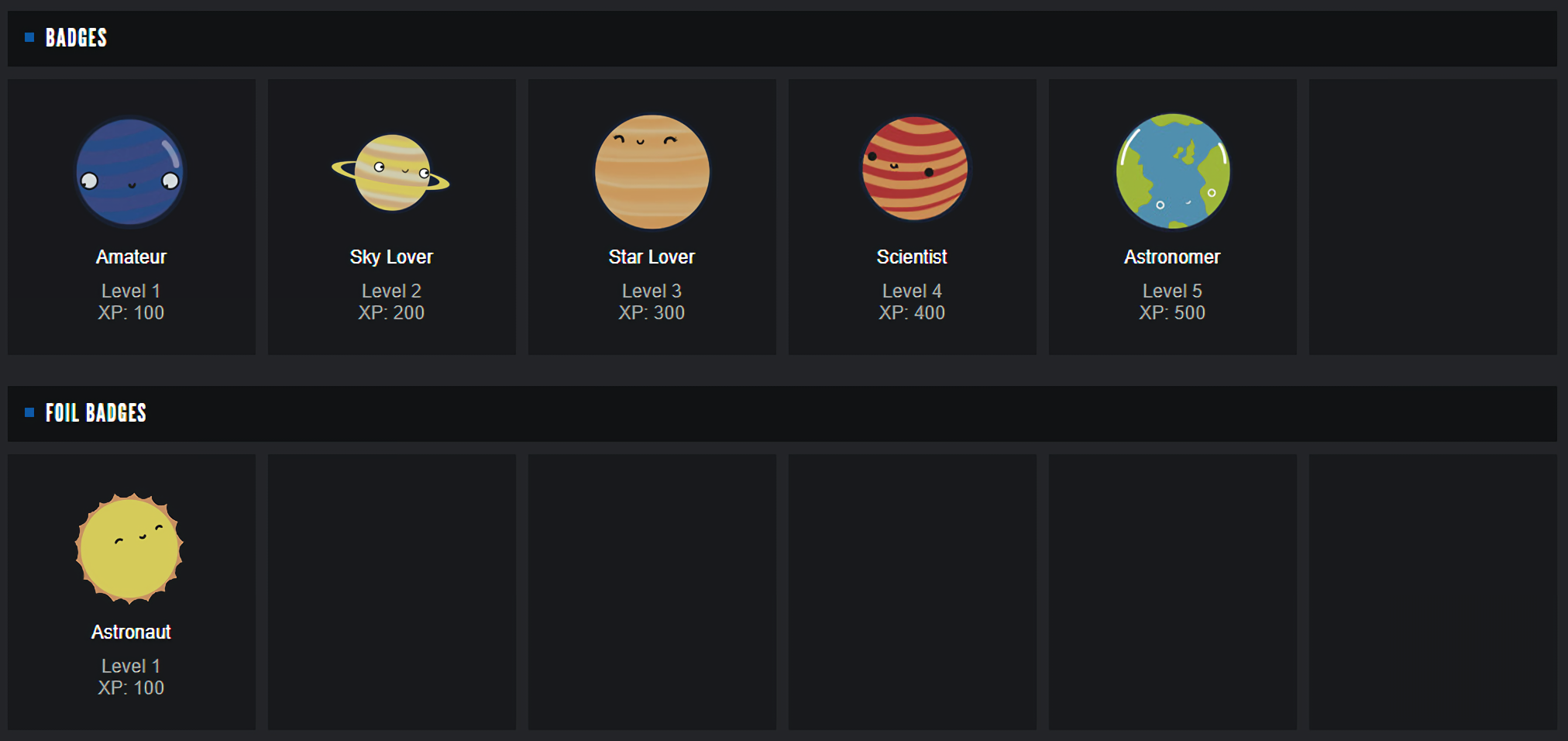
For long, the government has skirted discussions on basic problems,” said Rajiv Godara of AIKCC. Third is the attack on the fundamentals of the Constitution and introduction of an Act. Second is the economic slowdown and dilution of labour rights, which has forced workers of banks and healthcare facilities to come out and protest. First is the agrarian crisis, which has brought farmers, dairy and fishery workers, and share-croppers together. “There are three main angles to the protest. Some of the issues they had been highlighting are privatisation, rising unemployment, agrarian crisis, closing of industries, etc. Though the protest will be spearheaded by the farmers’ union, several others like Manesar’s Honda employees’ union and groups of government employees from the roadways, health department and municipal corporations will lend unconditional support. After the CAA was passed, more groups responded to the strike call. Soon AIKCC, an umbrella organisation for over 100 farmers’ groups, joined in. The call for the strike was first given in September at a mass convention of workers.

The whole idea is to bring a strong narrative around real issues,” he added.

The good thing is that people are coming out. “This should not be seen as a litmust test, but a protest against the government’s policies. “There are four forces that make this strike strong - call by trade unions, support by farmers’ organisations, involvement of students’ groups and inclusion of the anti-CAA movement under the banner of We The People,” said political activist Yogendra Yadav. Led by groups like the All India Kisan Sangharsh Coordination Committee (AIKSCC), All India Trade Union Congress (AITUC), Centre for Indian Trade Union (CITU), the one-day strike will see many voices join in. GURUGRAM: Lakhs of farmers, industrial workers, daily wagers and other government employees across the state are gearing up to take part in a nationwide strike on January 8 against many of the Centre’s policies.


 0 kommentar(er)
0 kommentar(er)
